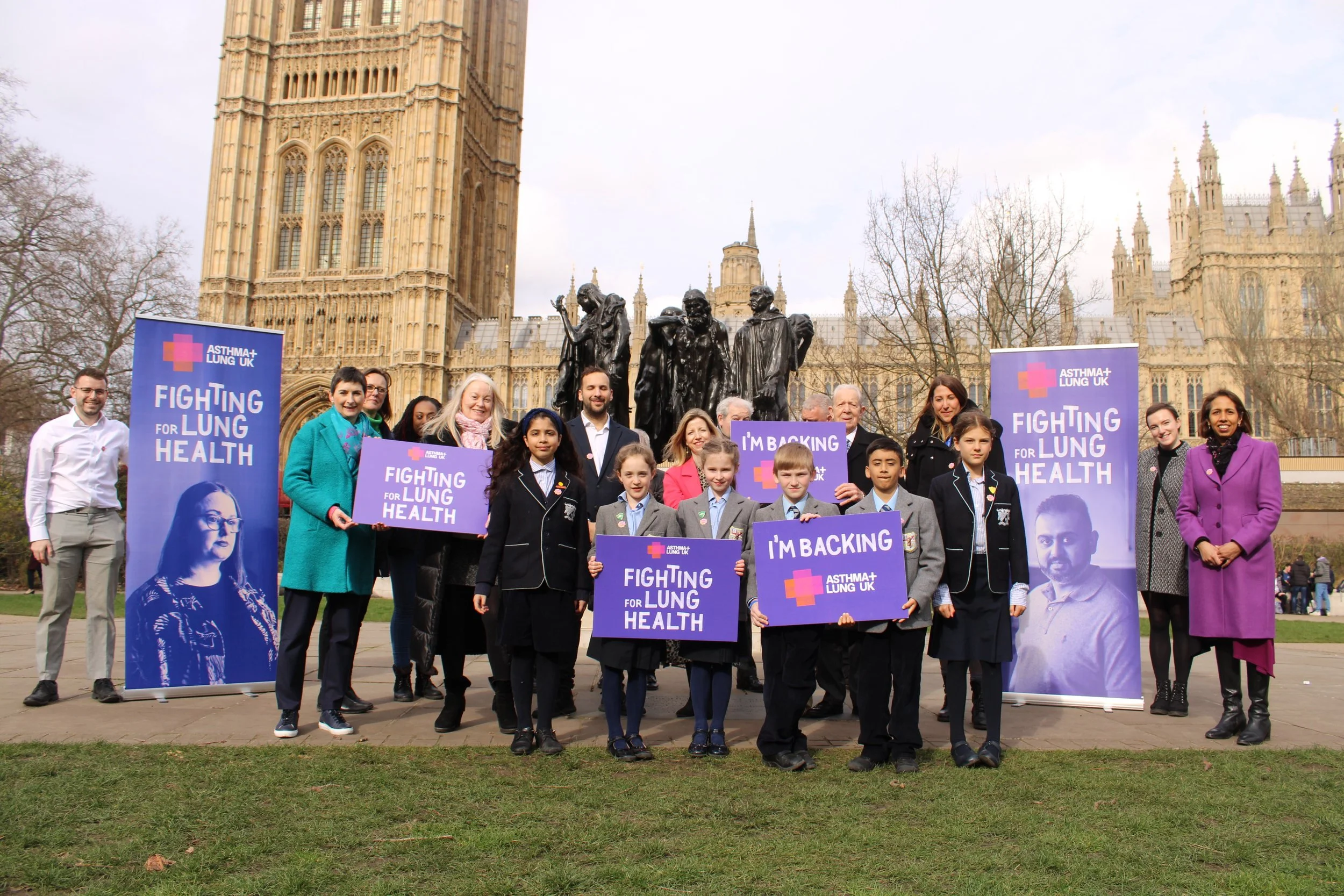Harmonica For Lung Health
Did you know that playing the harmonica can help you manage your breathlessness and learn great breathing techniques?
Dr Adam Lewis, Lecturer in Physiotherapy at Brunel University London, has worked alongside Chris Startup, a singing and harmonica lung health practitioner, to research the benefits of harmonicas for lung health. Chris also leads Asthma + Lung UK’s Harmonica For Lung Health sessions. Read on to find out more from Adam about our harmonica groups and the potential benefits for lung health.
Why the harmonica?
Chris, a singing and harmonica lung health practitioner and musician from Northamptonshire
To use a harmonica, you need to not only breathe out but also breathe in to be able to play a tune. It is also quite easy and cheap to buy, and is quick to learn!
Playing a musical instrument, like the harmonica, can not only help you to manage your breathing, it can also help improve your mental health and your coordination. Sharing your interest in or skills with an instrument can also help to open up discussions with others, especially within our harmonica group!
Why did we set up a harmonica group?
Our classes are led by Chris, a singing and harmonica lung health practitioner, who has been teaching and instructing people with lung conditions for the past six years. He has run several singing groups for people living with respiratory conditions such as COPD, bronchiectasis and asthma.
I met Chris at a training event a few years ago. He explained how he had expanded his singing groups to also include harmonica groups. Early feedback showed both high enjoyment and clinical benefit from those attending the groups. And so, we worked together to look more closely at the benefits of the harmonica.
Adam, a Physiotherapy Lecturer at Brunel University London
What happens in the harmonica sessions?
In the course of the six weeks, attendees are introduced to a range of techniques that form the basics of harmonica playing.
Week 1 - Introduction to playing the harmonica
Week 2 -3 - Breathing in and out using the harmonica, and how to play a folk song
Week 4-5 - Breathing exercises and techniques, and how to play a blues song
Week 6 - Play and perform the blues
Will I see progress and improvement in my breathing?
The progress made by the previous groups each week has been absolutely remarkable!
The feedback from group members, who live with a range of lung conditions, was positive and they expressed their excitement at continuing to play and learn more.
85% of people felt better about their condition as a result of attending online sessions!
“The sessions have lifted my mood and given me a new tool to manage my bronchiectasis. Since starting the sessions my chest clearance has improved greatly. It has always been difficult to clear, but now it isn't”
“I think the biggest take away from this is the joyfulness we all felt. We all have different conditions which affect us in different ways, but for a short time we could do something to improve our lung function which was also fun.”
“These harmonica sessions are contributing to my ability to breathe easier and reduce stress.”
We were so pleased to hear the great experiences people had at our sessions and the improvement they had with their breathing. This reflects other research that Chris and I have worked on together, which is published in the journal ‘Chronic Respiratory Disease’ and is free to read here.
More to learn about the benefits of music
We know that we are just beginning to uncover the benefits of harmonica playing for people living with lung conditions, and are looking forward to the next stage of research work alongside Adam.
Find out more about our Asthma + Lung UK harmonica sessions here.
Find out more about how you can get involved activities we offer, including singing, contact us on supportgroups@asthmaandlung.org.uk or call 0300 222 5800. Support groups are available online and there are local groups throughout the UK.
Every five minutes someone dies from a lung condition.
Yet only 2% of public funding for medical research goes to lung health. How can something so vital be so underfunded?
Together we can change this.










